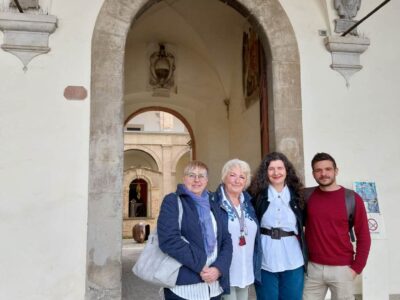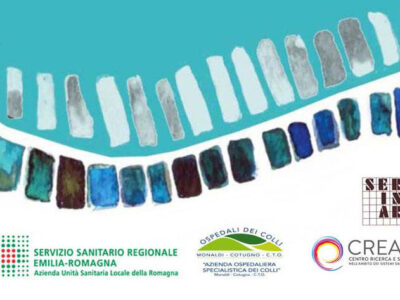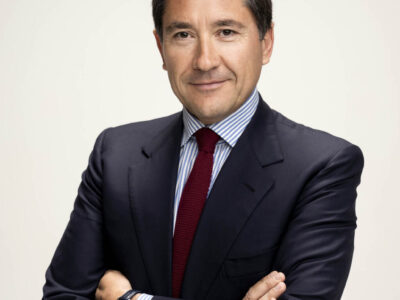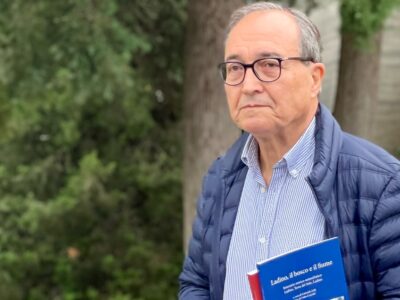The GECO2 European Project joins the fight against climate change, to develop a new agricultural and industrial sustainable model. It will set up regional centers for monitoring climate change and will introduce Italian and Croatian companies to a new voluntary carbon market to monetize farming practices. The total budget is almost 2.5 million euros
The hottest June ever recorded and the violent hailstorms of this early summer in Emilia-Romagna have sadly confirmed the warnings of science: the Adriatic regions are already facing the most dangerous consequences of global warming. What can we do to protect ourselves and mitigate the effects of this momentous challenge? Agriculture plays a main role, so “let’s farm a better climate”. It’s the battle cry under which a new European initiative to fight climate change and global warming was born: the GECO2 project.
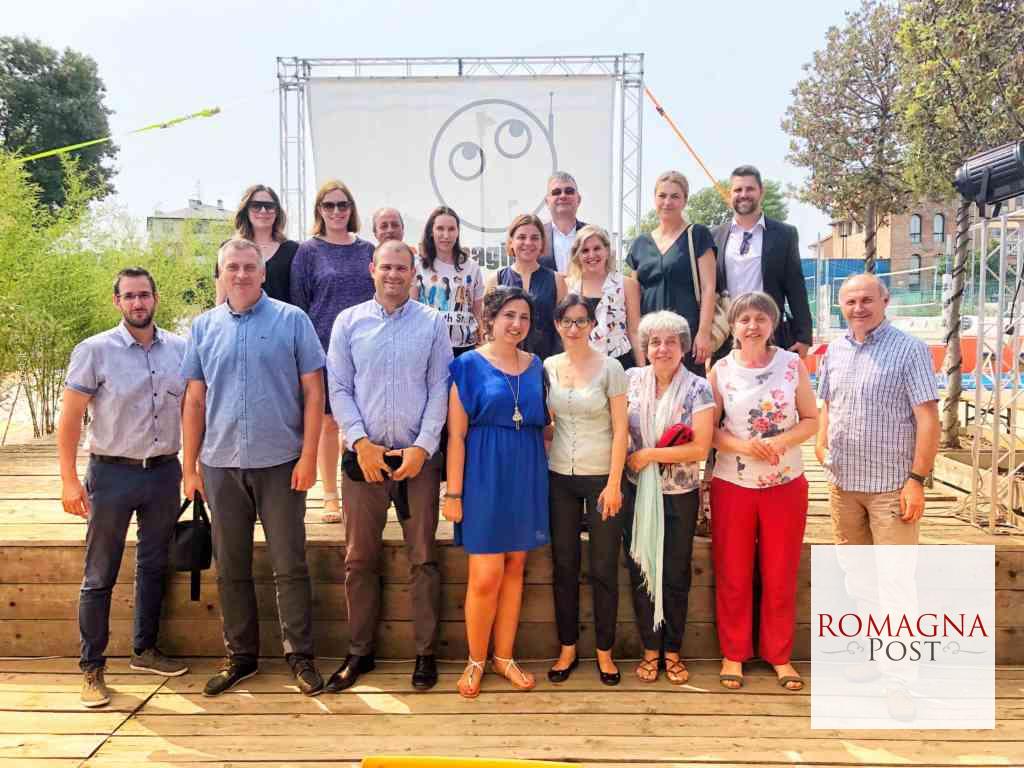
The kick-off meeting held in Ravenna on June 27 and 28 has been the first stage of a path where farmers living in the Adriatic regions of Italy and Croatia will be among the main protagonists. The project will end in June 2021. Its total budget is almost 2.5 million euros, financed by the Interreg Italy-Croatia Cross Border Cooperation Programme.
The innovative idea behind GECO2 is to start a voluntary market of carbon dioxide equivalent emissions (CO2e) based on the agricultural sector. Carbon dioxide, or CO2, is the most relevant greenhouse gas. Stats say that every Italian citizen generates more than 7 tons of it every year. The reckless use of fossil fuels is the main culprit, but new and more advanced farming practices can counterbalance a fraction of greenhouse gas emissions by capturing and stocking CO2 in soils.
What if a farmer could measure and monetize these activities? Who could be the potential buyers? «Industrial or service companies concerned with sustainability, for example, who want to label and market CO2 free products compensating their co2e emissions and adding a significant value to their products», said the project manager, Antonio Cinti. «Furthermore, local communities would enjoy better environmental conditions and eco-friendlier products both from primary and secondary sectors. We expect a win-win situation».
«Populations living by the Adriatic Sea have been particularly exposed to strong heat waves, long periods of drought, destructive rains and devastating winds», said Vittorio Marletto, GECO2 project coordinator and ARPAE (Regional Agency for Prevention, Environment and Energy of Emilia-Romagna) Climate Observatory Manager. «The 2015 Paris Agreement on climate change has negotiated the elimination of climate change emissions by the half of the century, but to hold the increase in global temperature we need immediate countermeasures before it’s too late».
The carbon emissions market is the focus of GECO2, but the project has two more important goals. «The first is to create a network of local observatories aimed to monitor and understand climate changes in the Adriatic region. The second is to help local communities to carry out climate change adaptation and mitigation measures», explained Francesca Montalti, Vice President of Innovacoop.

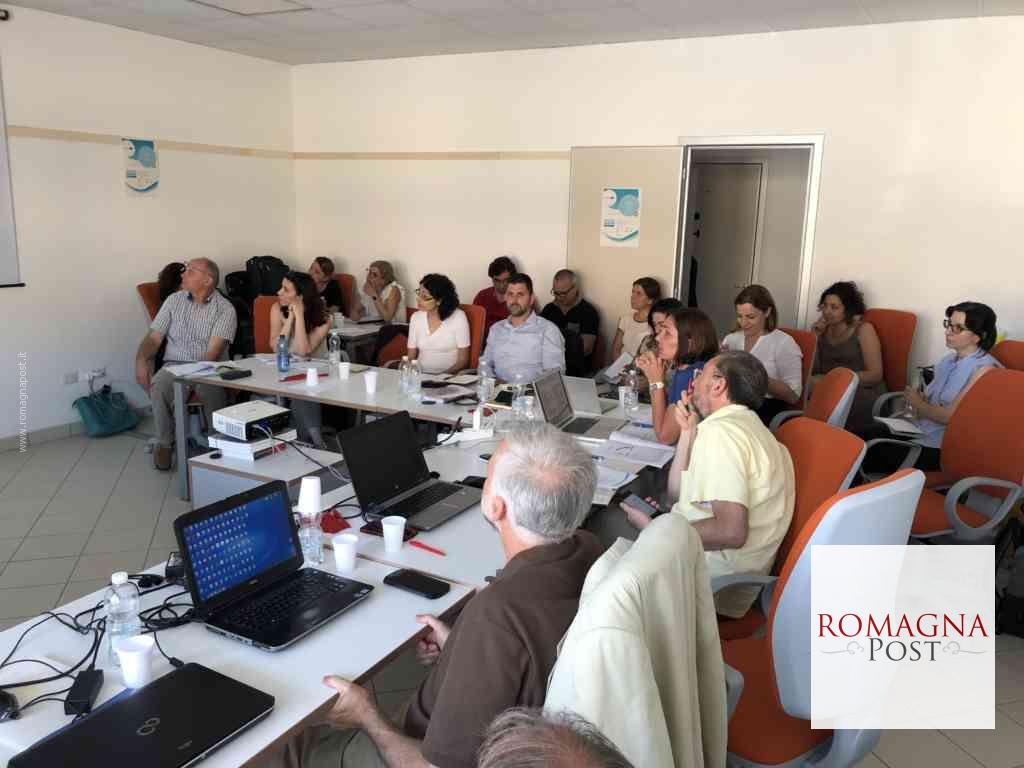
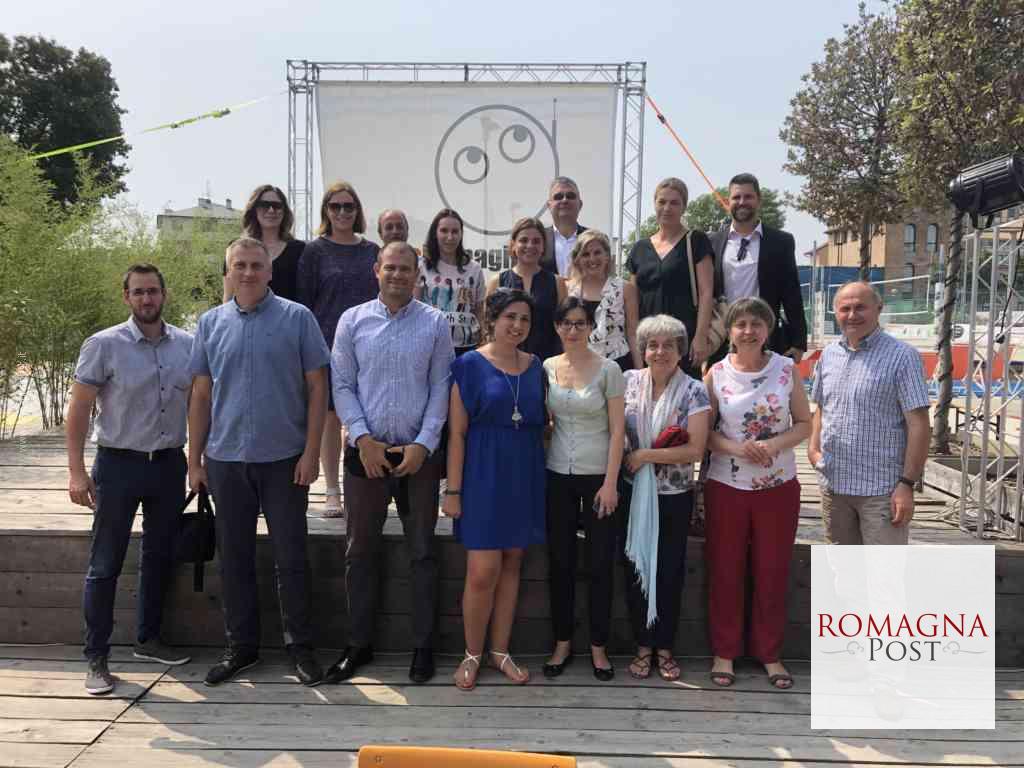

Foto: Fabio Blaco
The partners of GECO2 are ARPAE (project leader), CIHEAM Bari, Molise Region, Marche Region, Rera sd for coordination and development of Split Dalmatia County, Agrra – Zadar (Zara) County rural development agency, Dubrovnik Neretva Region and Legacoop Romagna.
Diana Gracin Petrovic, Programme Manager of the EU Interreg Italy-Croatia cross-border cooperation programme that funds the project, attended the kick-off meeting. «The GECO2 project will bring important benefits for the citizens of Italy and Croatia», she said.
Questo post è stato letto 74 volte

